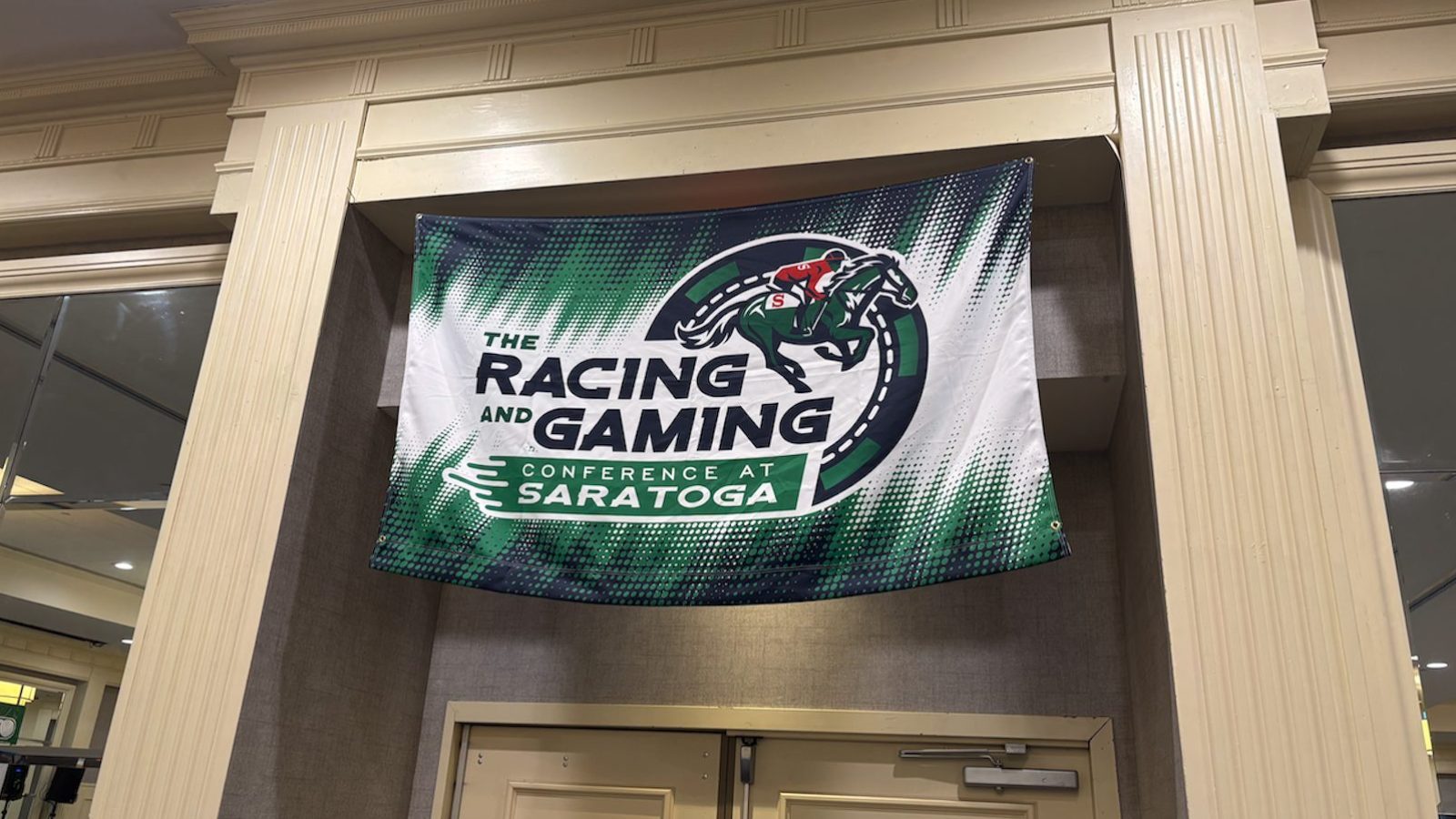What Effect Will Immigration Crackdowns Have On US Horse Racing Industry?
More raids would mean some tracks ‘could be very close to going out of business’
3 min

A mid-June raid of a Louisiana racetrack by the U.S. Immigration and Customs Enforcement (ICE) agency, which led to the arrest of more than 80 employees, resonated two months later as a topic of a panel discussion at Monday’s Saratoga Racing and Gaming Conference in Saratoga Springs, New York.
The arrests of Delta Downs Racetrack, Hotel and Casino employees — at least two of whom had criminal records, according to an ICE official — created an immediate staffing shortage at the track in Calcasieu Parish, Louisiana.
The panelists said that all racetrack operators should make a preemptive plan with the assumption that ICE will visit their properties sooner or later.
While there are a number of rationales for the immigration crackdowns, the panelists said that the notion that removing illegal residents will benefit American job-seekers is not applicable in terms of the horse racing industry.
“There is a myth out there that the only reason why an employer will hire foreign workers because it is cheap labor — and that couldn’t be further from the truth,” said L.J. D’Arrigo, an an attorney specializing in immigration law for the firm of Harris Beach Murtha. “A lot of times foreigners are required to be paid more than a U.S. worker, and most trainers will tell you they cannot find U.S. workers to do these jobs. We don’t want to shovel horse manure, we don’t want to work long hours in all weather and all temperatures. So who is going to do the work?”
Or as three-time New York Breeders Association winner Gary Contessa more colorfully put it, “Would you like to clean horse s*** at 4 o’clock in the morning in the pouring rain? Americans do not want what I call ‘dirty jobs.'”
Different jobs, different times
The panel did not address the casino industry, where shoveling equine “leftovers” is not in the job description, but which also features quite a few manual labor intensive jobs that similarly would not be appealing to some American citizens.
Contessa said when he started working at Saratoga Racetrack 50 years ago — a time when there was no electricity in the barns, and neither heated nor chilled water — plenty of Americans wanted to work at the track. He added that, for example, if a groom did not show up one day in that era, he could make a phone call to the gate to let in the first of nearly a dozen hopefuls waiting outside the gate to serve as replacements.
“American labor wanted to work at a racetrack — it was a romantic job,” said Contessa, who opened his own stable in 2007. “Now, I haven’t seen an American employee looking for a job in the last 20 or 30 years.” Furthermore, Contessa explained, drug use among American racetrack workers is rampant.
Nancy Underwood, the executive director for the Saratoga track’s Backstretch Employee Service Team (BEST), said that her group oversees residents of 750 dormitories that can house up to 1,300 people, and that some other employees live off-site.
The ongoing racetrack worker visa crunch
D’Arrigo said that each track should designate a response team — which could include legal counsel and security officials — that will be prepared to come to the track as soon as they hear news about an ICE raid, making sure that applicable federal laws are applied.
“I tell clients, ‘Good enough compliance is not good enough anymore’ — you have to be perfect [on paperwork], and that’s a tough showing to make,” D’Arrigo said. “Do a self-audit, because there are substantial penalties for violations” — up to $2,700 per each failure of oversight, he said.
Contessa estimated that it costs about $6,000 to $6,500 annually for each employee with an H-2B visa that allows American employers to hire season workers for non-agricultural jobs.
“As an employer, I have to pay their travel back and forth; I have to provide living quarters; I have to tell them how and where they are going to get fed,” Contessa said of his staff.
Another requirement is that the job openings be listed in the local media, which Contessa said realistically is an exercise in futility.
Another challenge, said D’Arrigo, is that “we don’t have a lot of work visas in the U.S. Most of our work visas are for professional positions. The H-2B program is a lifeline for many seasonal sectors. The problem with that is they are extremely limited. We have 33,000 to go around for April and 33,000 to go around for October — and the government will receive over 300,000 applications for an April 1 start date.”
Contessa said that restaurant owners, landscapers, and many other seasonal industries are competing with the horsemen for those scarce visas. So he said he was not surprised that a smaller racetrack like Delta Downs would have employed so many illegal workers, because of the annual expense of obtaining the visas and maintaining extensive procedural compliance practices.
“That’s what happens when you don’t have the level of purses that New York, or Kentucky, or California have,” Contessa said.
In response to an audience question, Contessa said, “I do believe there are tracks out there where if a screw was tightened on them, and [ICE] really pushed against immigrants without the proper paperwork, I think they could be very close to going out of business. It’s very difficult to get help — especially documented help.
“Horse racing could not survive today without the H-2B visa program,” Contessa concluded. “This [immigration enforcement crackdown] seems like the beginning of the iceberg — no pun intended.”





